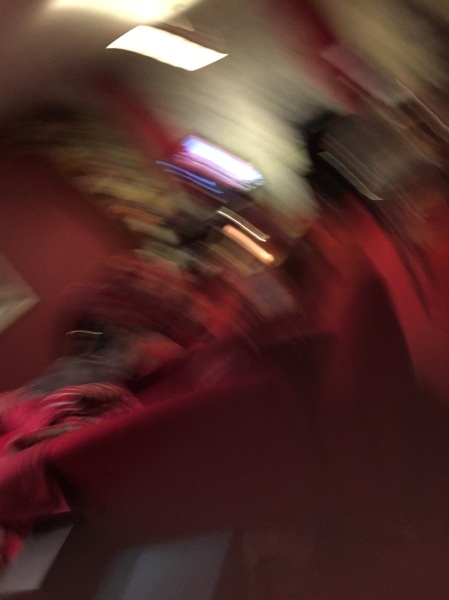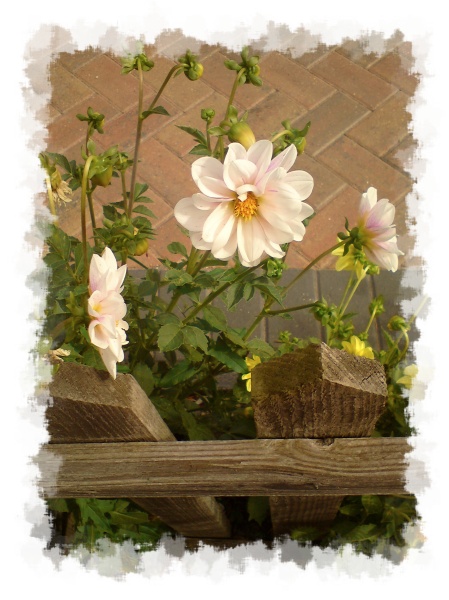Loneliness In Middle Age
By Louise Mills

Loneliness is often portrayed as a condition of old age. Little attention has been paid to the kind of loneliness that afflicts the middle aged. However, recent research has shown that an increasing number of the middle aged are reporting feelings of isolation, despair and loneliness. Some say it is reaching epidemic levels. In spite of this, they are a group still relatively low down in the hierarchy of concern.
Contrary to popular opinion loneliness is not a trivial condition and its impact on our lives should not be underestimated. According to the British Medical Journal, ‘Loneliness and social isolation are risk factors for coronary heart disease and stroke’. It also puts us at greater risk of cognitive impairment or decline. It can be a threat to both physical and mental health. Many are reluctant to admit to loneliness so it tends to be a hidden problem which can make it all the more debilitating. Although loneliness is not, in itself, a mental illness, it can lead to disorders such as agoraphobia, anxiety and depression. Pre existing mental illnesses are also exacerbated by loneliness.
So what makes the middle aged peculiarly vulnerable to loneliness? Several contributory factors have been identified. Middle age is often the part of life in which people are forced to confront their own mortality for the first time. It is often an an age when people lose their parents.
Melanie Dunbar, a 43 year old sales advisor, says: ‘This was the year in which both of my parents decided to die. I was orphaned in my 40s. Another blow came when a friend of mine who was only seven years older than me passed away after a short battle with cancer and that’s when it hit me: I am no longer young. I am also unmarried and childless which intensifies my feelings of isolation.’
The loss of our contemporaries in middle age leads to a precarious sense of self and causes us to question our connection with the world. The sense that we are part of the cycle of life is disrupted. We realise there are no certainties, there are no guarantees. Youth takes much for granted, including life itself. The middle aged can no longer afford to do this. Experiencing loss at this time of life can also lead to fears about one’s own health. For the first time we see our contemporaries succumb to life changing illnesses. We realise our time is running out, that middle age is a prelude to old age. Youth is over.
We are all failures in some way, even the most ostensibly successful. There are always things we should have done but didn’t. The childless regret their state and those of us with children are facing a dramatic change in status as our offspring fly the nest. Empty nest syndrome afflicts women in particular.
We are running out of possibilities. We become more self critical. It can seem that there is no escape, that our lives are over, that there is nothing to look forward to. That this is all there is and all there will ever be. There is no possibility for change.
We become more self conscious, more acutely aware of the way in which those around us perceive us, especially the young. ‘When I was in my twenties I barely noticed the existence of anyone over forty. Apart from my parents and they were frequently the objects of mockery,’ says Sarah Grossman, a 47 year old financial advisor.
Loneliness in middle age can hit some harder than others. It drove Pattie Gilbert, 49 and unemployed, to the brink of suicide. ’At the moment I am trapped in a vicious cycle. I am imprisoned in my flat, alone. I have lost all of my friends and lack the capacity to make new ones. I lead a relentlessly solitary life. I cannot go on like this but I don’t know how to break the cycle. I need help but I have no idea how to get it. I feel an overwhelming sense of fear. I feel like I have lost too much of myself, like I have forgotten how to live.’
‘It is as though I am mentally and emotionally paralysed. It is the future that terrifies me the most. Sometimes I feel that the only thing I have to look forward to is death. I wake up in the morning and want to go straight back to sleep again, my dreams being more colourful and interesting than my everyday life. They say life begins at forty. I am yet to be convinced.’
‘I think about suicide frequently. My death would be a relief, not just for me but for the people I am so parasitically dependent on – my family and my mother in particular. My death would set them free. Some say suicide is a selfish act. Right now, it seems like the opposite.’
It is at this point that many are tempted to turn to social media to fill the void in their lives. According to some it can only be a temporary fix. According to Dorothy Baker, a community psychiatric nurse, ‘When we switch off the commuter and unplug ourselves from the internet we are catapulted back into an unsatisfactory reality. There is no substitute for face to face contact.’
There is a temptation to withdraw from the world. Dorothy urges us not to succumb to it. ‘It is all too easy to allow yourself to be sucked into a cycle of self pity. We need to recover the capacity to operate once again as fully functional human beings.’ There are many ways of achieving this goal. Often a little imagination and energy are all it takes to turn your life around. It is never too late to embark upon an exercise regime and maintain a healthy diet. Improvements in physical health can lead to improvements in mental health. Keeping a diary and reading are also immensely helpful. Hobbies and interests should be nurtured. Dorothy has some encouraging words: ‘Remember the best thing about growing old is that you do so in such wonderful company.’



















